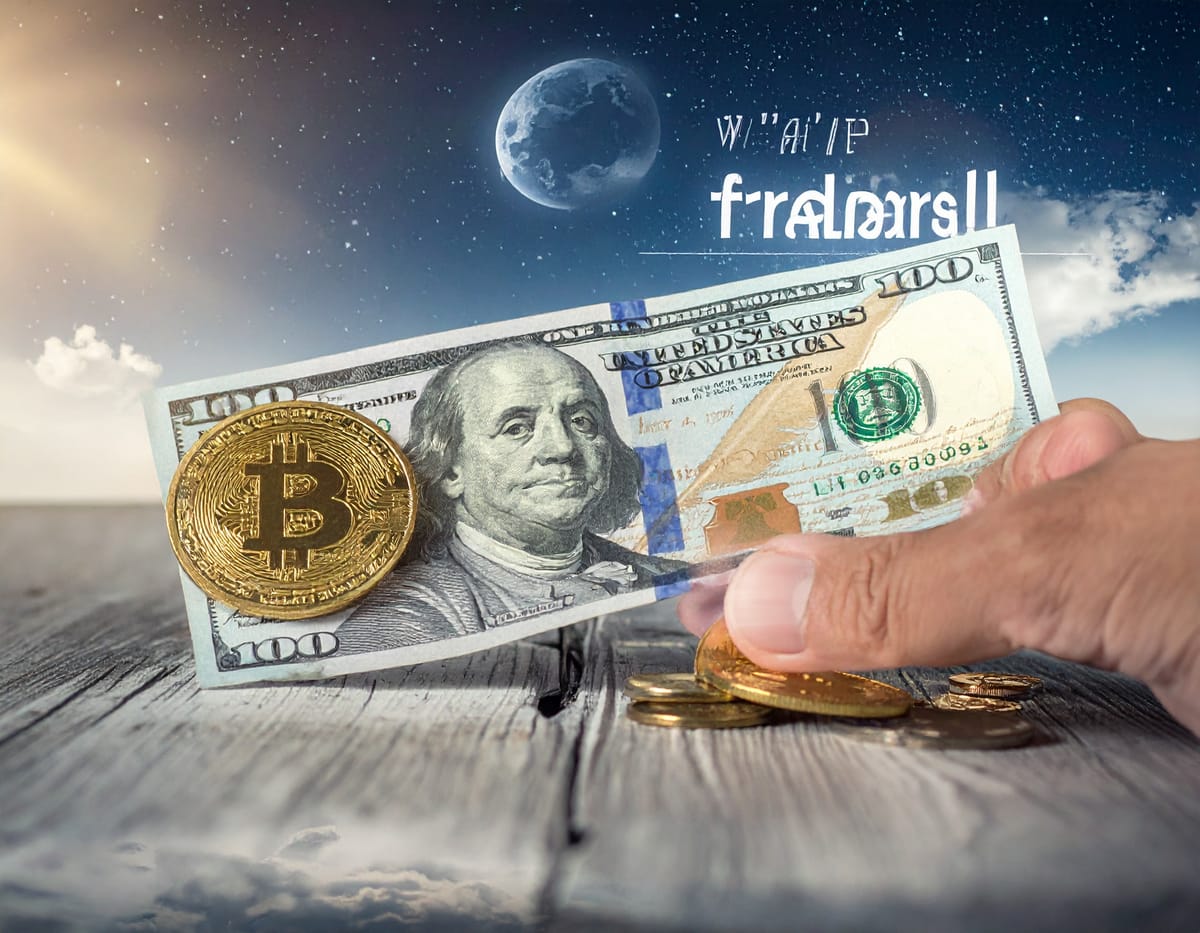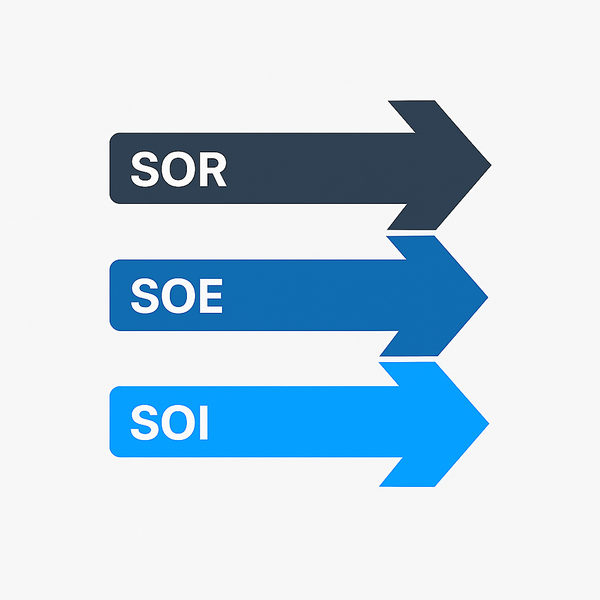We're All Traders Now
When Money Becomes Just Another Data Point

At the time I’m writing this, one Bitcoin is worth approximately $113K USD, 4.6 million Turkish lira, and 167 million Nigerian naira. Same asset, wildly different numbers. For Americans, Bitcoin's up ~20% this year - not bad. For Turkish citizens? ~108% YTD. Same Bitcoin, very different reality.
This is about exchange rates, but also about something far more fundamental: when we think of “money” many of us still think of hard currency - cash & coins. But these days, “money” is data - entries in databases - and of course blockchains, numbers on screens, bits flowing through networks.
Money is Data
Physical money is already all but dead. Only 7-8% of global money exists as actual cash these days - and that figure is declining. When 93% of money exists purely as data, we're not heading toward a digital future. We're already there.
Your net worth isn't a pile of bills in a vault - or under a mattress. It's a number in a database - or on a blockchain. A Bitcoin isn't a thing you can hold - it's a record on a blockchain. Even that $20 in your wallet only has value because we all agree to accept that particular piece of paper is worth that amount - it’s what the paper represents, not the paper itself.
Stablecoins: The Road to Virtual Cash
Stablecoins - a term that was barely heard a year ago - are now on track to process about $18 trillion in 2025 - which puts them on pace to equal or exceed the combined processing volume of major card networks such as Visa and Mastercard combined.
That's not experimental tech anymore—that's mainstream financial infrastructure. Stablecoins are faster, cheaper, and you can move them without anyone's permission. And without paying the interchange fees that drive the consumer credit industry - and which are at extreme risk of disruption.
The US recently passed the GENIUS Act to provide a regulatory framework for stablecoins. Europe's MiCA framework is already in effect. Governments aren't fighting this anymore—they're trying to control it. Because they see what's coming - and recognize they’re losing control over the definition of “cash”.
Everything is a Ledger Entry Now
Bitcoin proved something revolutionary: money doesn't need physical form. It doesn't need government backing. It just needs consensus—agreement that these particular database entries mean something.
Every Bitcoin transaction since 2009 exists on a public ledger, visible to anyone. No gold backs it. No government guarantees it. Yet it's worth over $2 trillion. Why? Because we collectively agree those ledger entries have value - just like that $20 bill in your wallet. It's the purest form of money as social construct we've ever created.
Now we're making money programmable. J.P. Morgan's Onyx platform executes payments automatically based on conditions. China's digital yuan literally expires if you don't spend it, Smart contracts are turning money into code that moves itself based on rules we program into it.
The Money Matrix
Economists recognize the definition of “money” is rapidly changing - and expanding. Even Jerome Powell has referred to Bitcoin as "digital gold" and the EU’s Christine Lagarde says dollar dominance is no longer certain. “Money” is just a collective construct we've agreed to share, but that agreement doesn’t require government oversight or intervention anymore.
And once you see money as data, everything changes. Prices become data streams. Transactions become information flows. Value becomes whatever the network agrees it is. Geography - and risk tolerance - determines which data you trust, which ledger you believe in, what version of reality you agree to accept and how you transact - and invest.
The AI-Money Convergence - We’re All Traders Now
The increasing acceptance of cryptocurrencies - that understands money as data and data as money - brings us to an interesting point. It gives the opportunity to use analytics - and AI - to arbitrage these different realities in milliseconds, exploit the gaps between geographic monetary zones, and ultimately force us to confront what money really is—or isn't. This isn’t a new concept for professional traders, but it effectively brings this power to all of us - at least those of us who can understand and use it.
When 137 countries are developing CBDCs, when blockchain makes every transaction transparent, when smart contracts make money self-executing, we're not just digitizing currency. We're fundamentally reimagining value itself.
The question isn't whether money will become entirely digital and relative—we’re already there.
Welcome to the age of relative value, where your wealth depends less on what you own and more on the type of “money” you hold. Like it or not - and many won’t - we’re all traders now. The implications are staggering - and we're just getting started.




